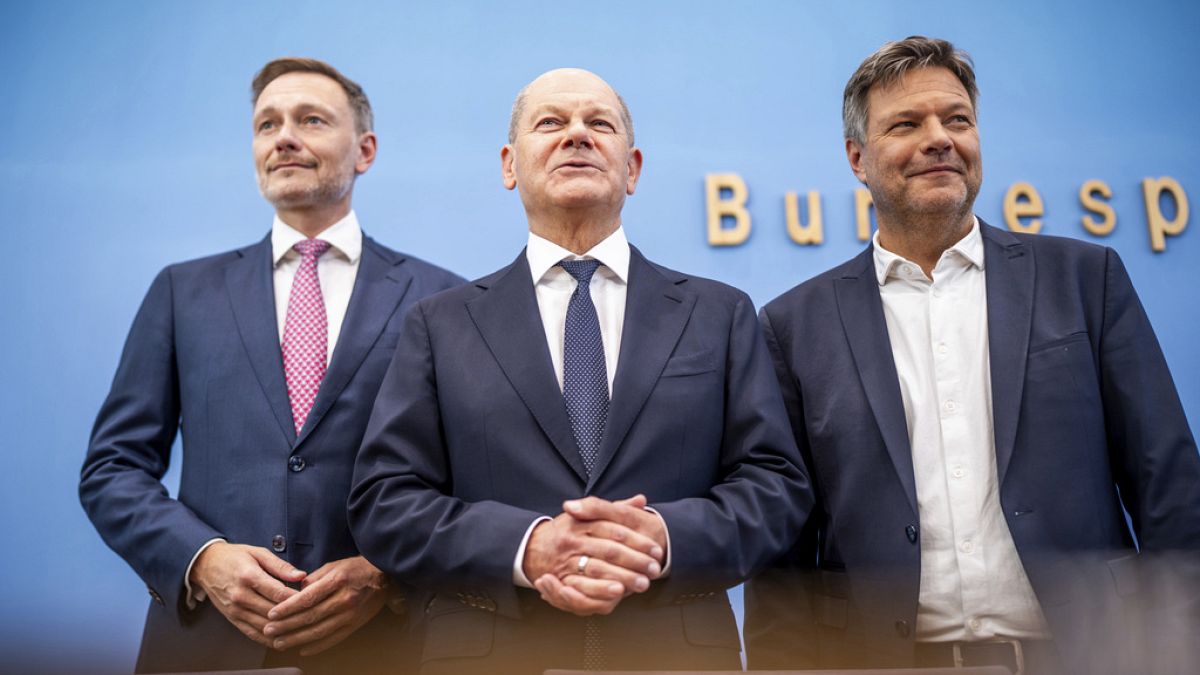Germany has decided to halve its military aid for Ukraine in its proposed budget for 2025 compared to 2024. The German government plans to allocate just four billion euros in the 2025 budget, which is almost half of the 7.5 billion euros that were allocated this year. This decision came after lengthy negotiations within the coalition government and will now be examined by the German parliament. Experts warn that this cut will have a significant impact, especially in financial terms, as Ukraine’s neighboring countries, such as Poland, are already ahead of Germany in terms of military aid.
Since 2022, the EU and its member states have donated 38 billion euros in military aid to Ukraine, with 28 billion euros coming from Germany alone. The aid provided by Germany has mainly been in the form of funds for the security capacity building initiative, in addition to five billion euros in military equipment sent by its armed forces. The G7 is also discussing the possibility of using part of the 300 billion dollars in frozen Russian assets to supply Ukraine with military equipment. However, experts believe that this may not be a sustainable resource as the distribution of these assets among several countries would be challenging.
The United States currently provides more military aid to Ukraine than Germany, but with the upcoming elections in the country, there is uncertainty regarding the continuation of this support. The Democratic administration has promised to maintain its current level of aid, but the Republican candidate, Donald Trump, has threatened to withdraw US funding to Ukraine if elected. Experts fear that a reduction in aid from Europe, coupled with a notable drop in US aid if Trump comes to power, could pose a significant challenge for Ukraine in its resistance against Russia.
In light of these challenges, EU leaders have decided to create a new mechanism for Ukraine worth 50 million euros until 2027 to support the country’s recovery and reforms as it seeks membership of the bloc. Recognizing the need to invest more in its defense industry to help Ukraine and deter Russian aggression, EU leaders are faced with difficult choices in allocating budgetary resources. Ursula von der Leyen, the president of the European Commission, aims to have a member of her second executive dedicated exclusively to a defense portfolio to manage the first European defense industrial strategy.
In conclusion, the decisions made by Germany and other European countries regarding military aid to Ukraine have significant implications for the ongoing conflict between Ukraine and Russia. As Europe grapples with limited budgetary resources and the need to strengthen its defense industry, tough choices lie ahead in supporting Ukraine while ensuring the security of its own members. The discussions within the G7 and the potential shifts in US aid policies add further complexity to the situation, emphasizing the importance of a coordinated and strategic approach in addressing the security challenges in the region.











